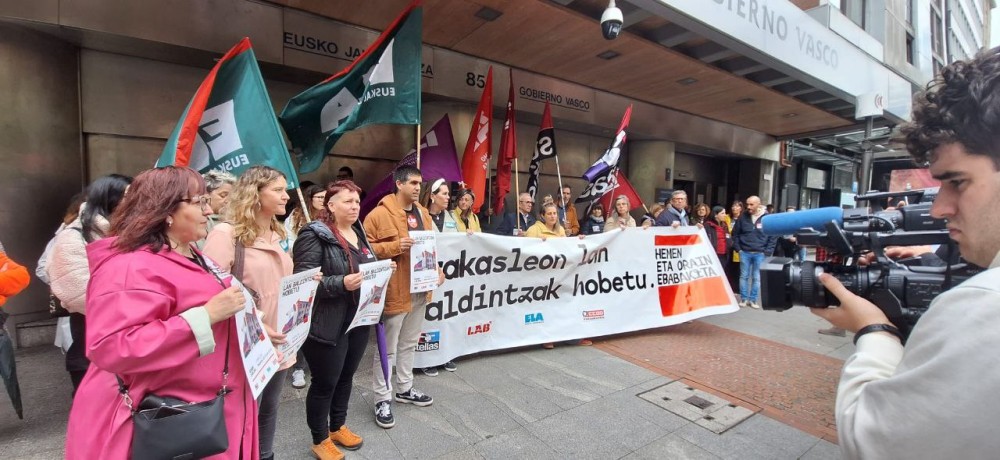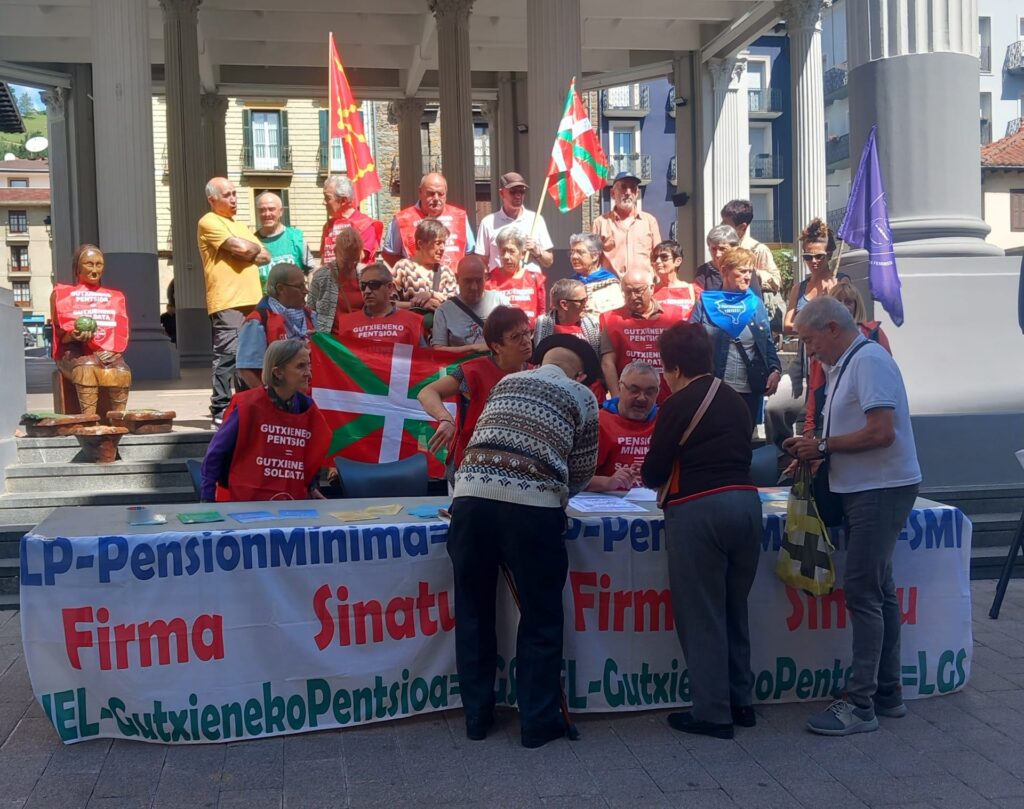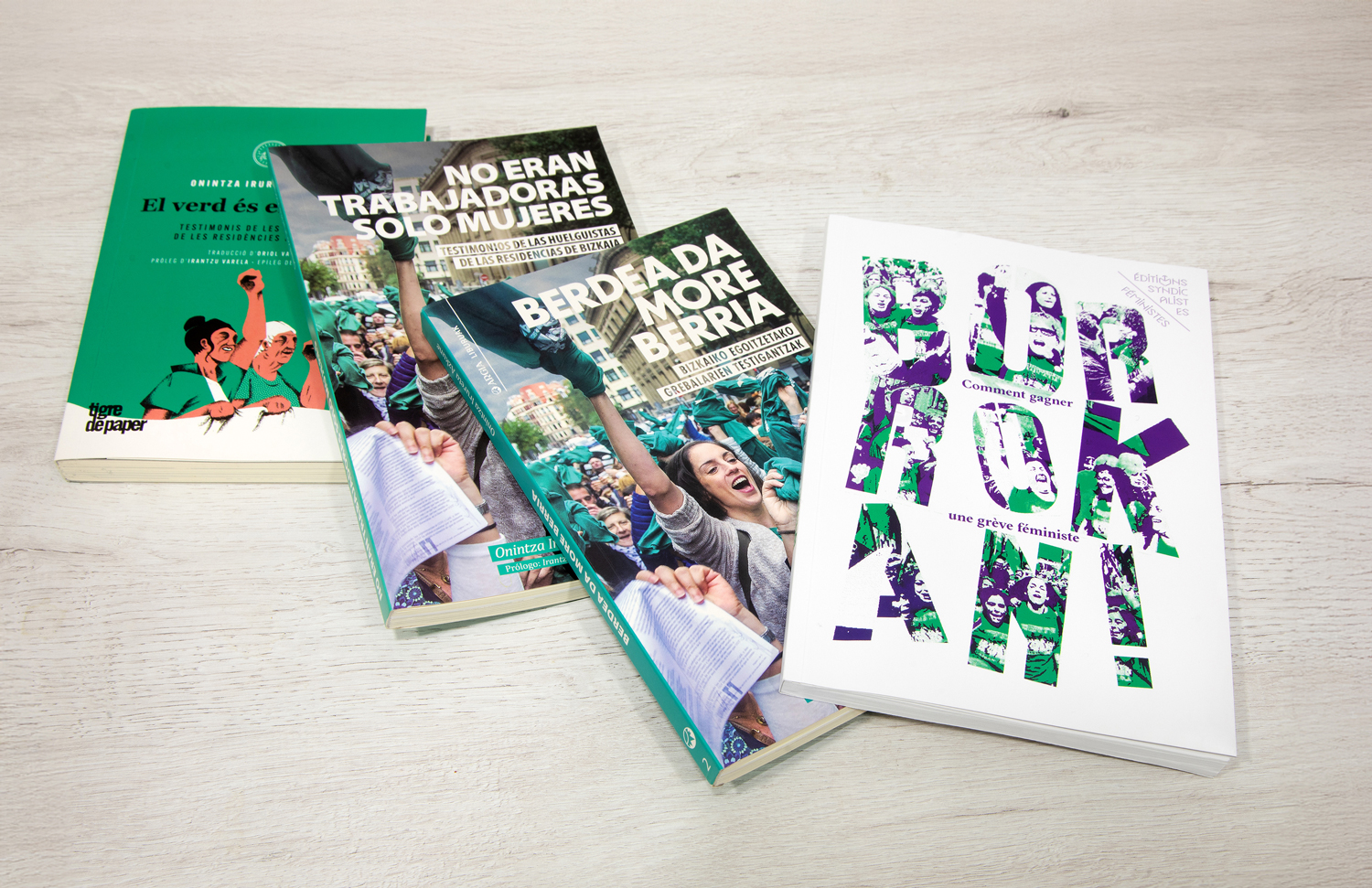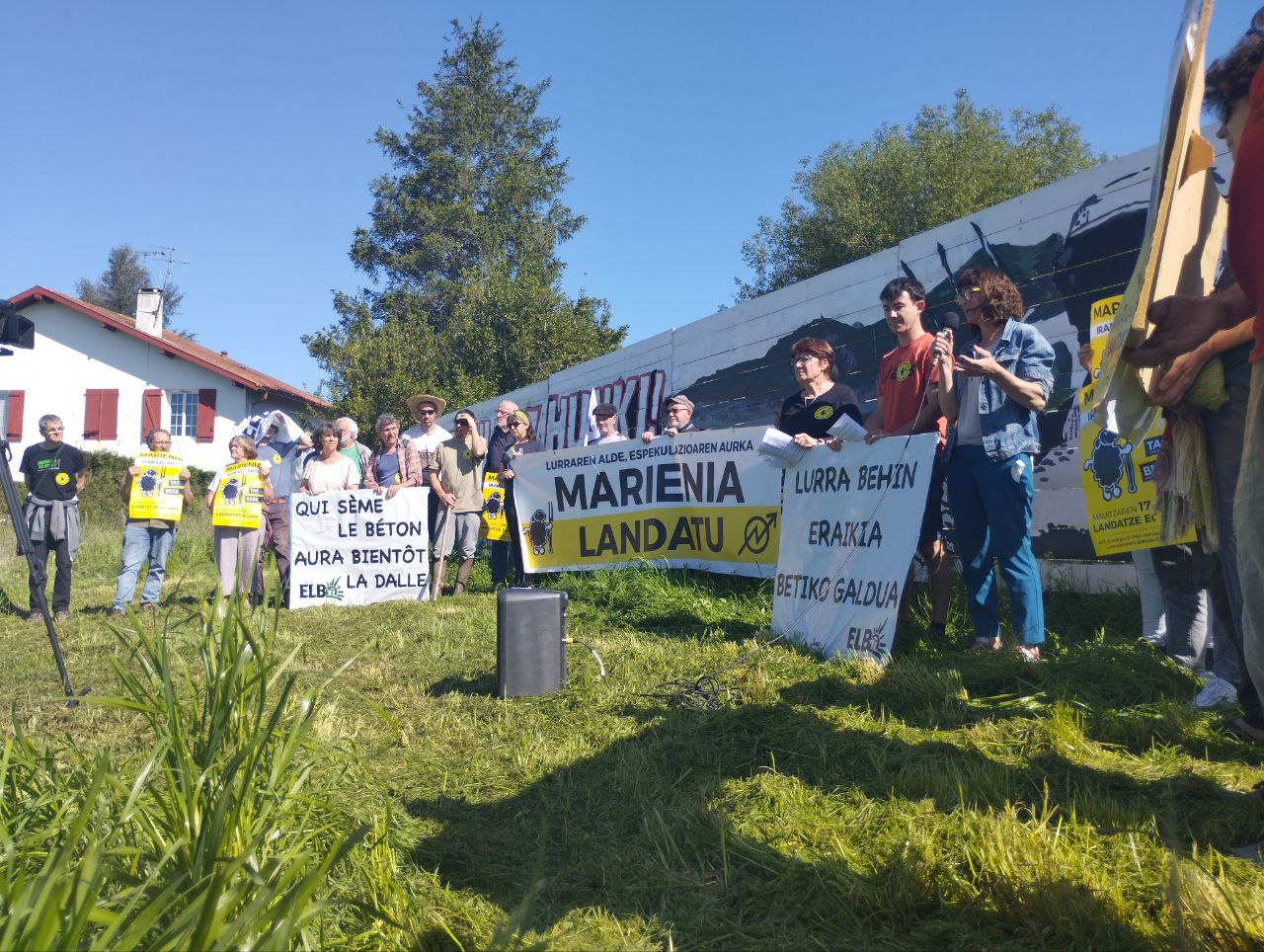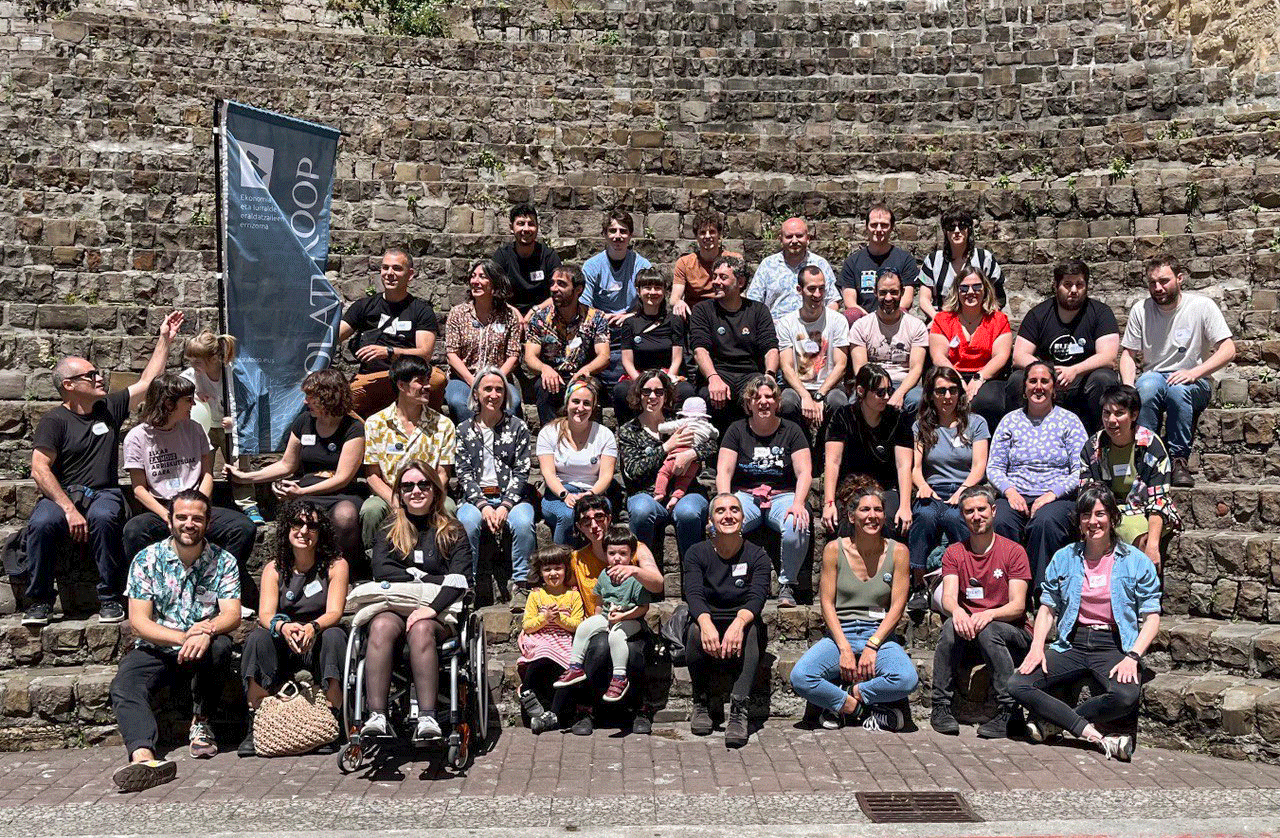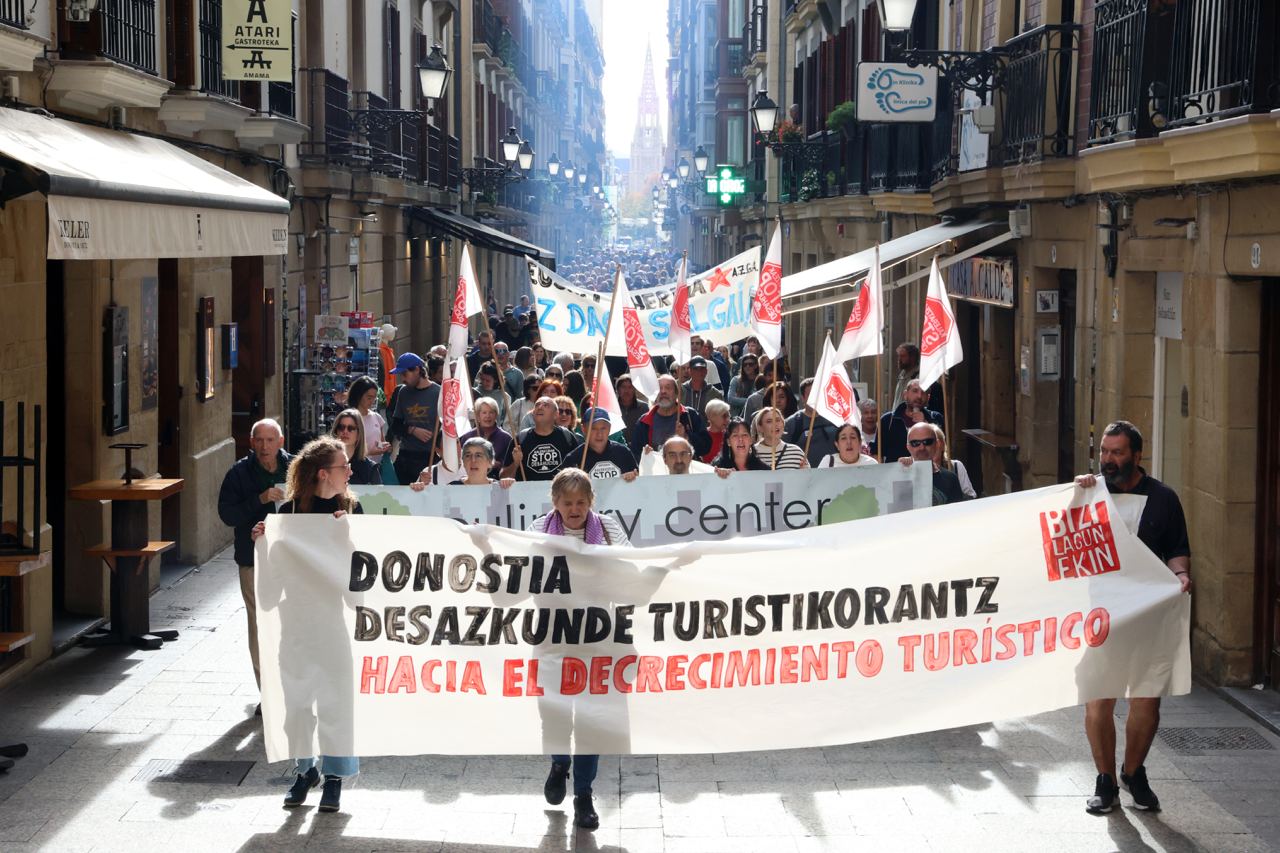Hungarian group Ganz MaVag withdraws its offer to buy talgo
- Ganz MaVag says that it does not refuse to make a new purchase offer for the railway company in the future. Thanks to the action of the Hungarian team, Talgo can hear new proposals.

The Hungarian company Ganz MaVag Europe Private Limited has withdrawn the Public Purchase Offer (OPA) to purchase 100% of the railway company Talgo. The agreement was adopted at the meeting of the board of directors of the Budapest consortium on 29 August. Although the EEP was approved by the railway company Talgo, the Spanish Government rejected the offer “to protect strategic interests and national security” and Ganz MaVag has stated that legal action will be taken in Spain and Europe in defence of the legitimacy of the offer. However, no complaints have so far been received from either the Hungarian group or the Hungarian Government, according to the local newspaper 'El País'. The Hungarian group has stated that it does not refuse to make a new offer to buy Talgo in the near future.
The Spanish Government says it feels the support of Brussels because the European Commission, on 29 August, has stated that it is for Spain to take this decision and it is not necessary to inform the Community Executive: “The competence of these decisions lies with the Member States”. Francesca Dalboni, spokesman for the European Commission, stressed that European legislation "allows" Member States to "reduce" freedom of movement in the European Union for reasons of public security, but that these measures must be "justified and proportionate", according to Efe.
Thanks to the removal of the EEP, Talgo can hear new offers
Sources close to Talgo explained that before the railway company took a step forward, Ganz MaVag needed to withdraw its EEP or report that there had been some change in the conditions. Once the EEP has been removed by the Hungarian group, it will not be necessary for another investor to improve the EEP of some EUR 620 million offered by Ganz MaVag. Now, Talgo must look for alternatives to its industrial capacity and facilitate the exit of the main shareholder, Trilantic, who wants to sell its shares, according to La Vanguardia.
Talgo is currently the only Czech manufacturer of Skoda cars and trains that is interested in purchasing, according to news agency Europa Press. Talgo twice refused to Skoda for his increased interest in the Hungarian equipment offer. Skoda did not intend to control the capital, and Talgo’s main shareholders want to sell their shares, or sell part of the capital and increase its industrial capacity.
Moncloa thinks of a second plan based on the introduction of “trusted” private investors, Vozpópuli reports in the middle. To this end, the main alternative is the holding company Criteria Caixa, which trusts that Criteria will assume half of the investment as part of the financing and that one industrial will put the other half. This industrial may belong to the Spanish State or be the Czech Skoda. The Spanish media has pointed out that the "most painful" option for the Spanish Government would be to resort to state-owned companies such as the State Association of Industrial Interests (SEPI).
Currently “great workload”
The representative of the Talgo Workers’ Commissions, Kepa Alcain, pointed out that the workers of the company Talgo de Ribabellosa (Álava), where 700 people work, are in a situation of “nervousness”. He pointed out that they currently have “a great workload” and that the plant “cannot produce more”. The management of Talgo has proposed commercial agreements for the subcontracting of works in other companies, in order to arrive on time with the pending deliveries. Among these companies would be Magyar Vagon and Skoda from Ganz MaVag, which could meet their needs with large customers.
At present, Talgo has to give the German railway company Deutsche Bahn, whose main shareholder is the German Government, “the biggest demand they have made”, according to Vozpópuli, 56 trains and a demand of EUR 1.4 billion. Talgo has a EUR 166 million penalty imposed by Renfe – EUR 80,000 a day – for delays in delivering trains and must supply the eight trains requested in 2017. The Danish railway company Danske Statsbaner has been awarded eight high-speed trains and the private Le Train ten high-speed trains respectively. In total, Talgo has received around 4 billion petitions, all from abroad.
As we explained in our book on adaptation, in view of the decline in European military spending since the late 1980s of the last century, at the beginning of the 21st century European death traders decided to organize themselves and structured themselves as lobbies imitating the... [+]
I found the old news on the LIGHT ephemeris channel: On April 23, 1918, Irish workers went on a general strike in I. Against forced recruitment for World War II. Thanks to the response of the workers and independence supporters, Britain was forced to retreat.
We don’t have to... [+]
“Even with all the shortcomings, the unions have done more for humanity than any other human organization that has ever existed. They have contributed more to dignity, honesty, education, collective well-being and human development than any other association of people.” ... [+]
Rearm Europe. Reindustrialize to defend Europe. This is the agenda that the political leaders of the European Union have been trying to promote lately, through the White Paper on European Defence, the BirArm Europe and the 2030 Availability plans. The excuses for the promotion... [+]
Zenbait urtetatik hona sarri entzuten dugun kontzeptua da zaurgarritasuna. Gaur gaurkoz, diskurtso politikoetan pertsona zaurgarriez aritzea ohikoa da. Seguru nago nik ere inoiz erabili dudala berba hori Bizilan.eus webgunean, eskubide laboralak eta prestazio sozialak azaltzeko... [+]
Klima aldaketaren eraginez, munduko lurralde gero eta gehiago idortzen ari dira, milioika pertsonaren jarduera eta bizimoduak kolokan ezarririk. Fenomeno horren frontean dago India erdialdeko Maharashtra estatua, non klimaren berotzeari eta lehortzeari metatu zaizkien oihan... [+]
Duela urtebete eskas Espainiako aireportuen sarea kudeatzen duen AENA enpresa publikoak iragarri zuen Loiuko aireportuko terminala handitu nahi duela. 2024an 7 milioi bidaiariren langatik gertu gelditu zen eta, handitzeak aurrera eginez gero, 2030. urtetik aurrera 13-14 milioi... [+]








